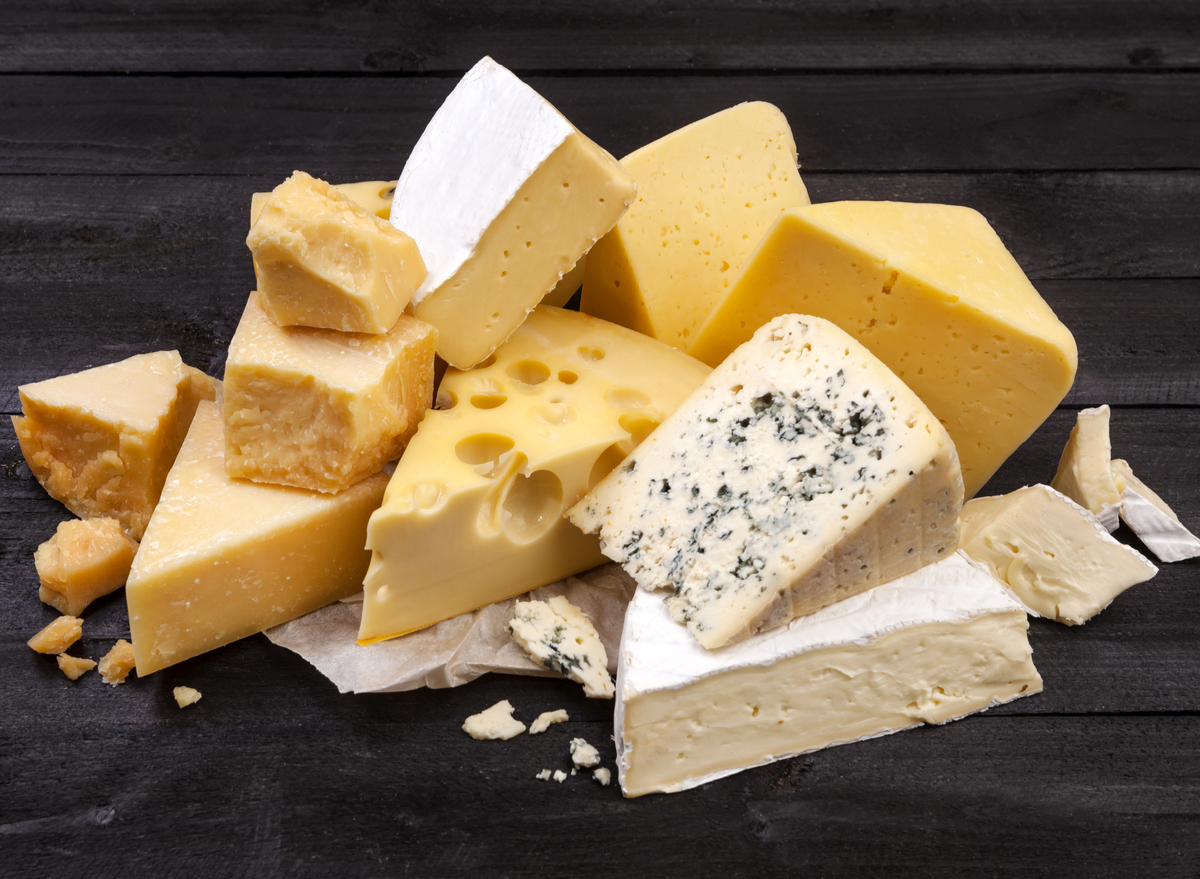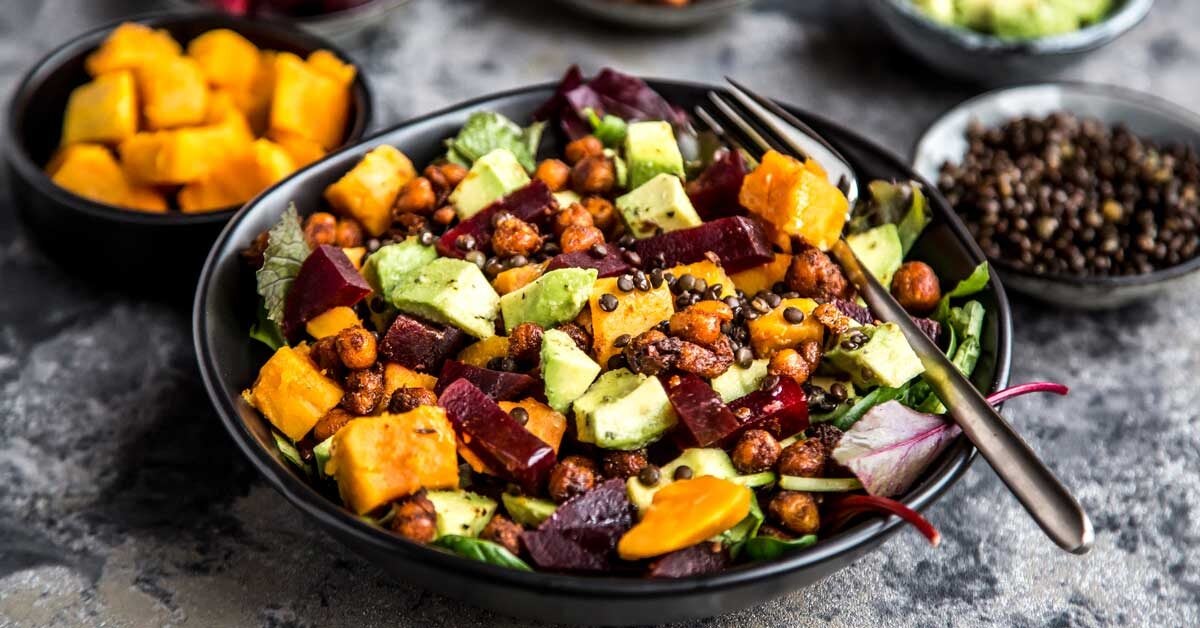Why do cholesterol patients increase in hospital after Dashain?
We understand Dashain as a festival of eating and drinking. That is why Manlagdi is eaten at this time. Fish, meat and alcohol are mandatory during Dashain.
Even those who don't drink at other times drink because it's a festival. Drunkenness was a better excuse. They sit and drink from morning till midnight.
On top of that, Sitan was also wanted. Grilled, fried, spicy, bitter, sour meat. Dalmot, chips. What is the habit of most of them is to take vinegar after drinking alcohol.
Such foods may not have an immediate effect. However, with the onset of winter, the number of patients in the hospital begins to increase. Most of them have cholesterol problems. After all, why did they have bad cholesterol? The uncontrolled eating of the same Dashain is one of the reasons behind this.
What happens when cholesterol increases? Why does it increase? Let's understand it in common language.
Cholesterol is a layer of fat in our body. Cholesterol is necessary for proper blood flow in the blood vessels and the structure of the body's cells. However, if the amount of cholesterol in the blood is more than required, it accumulates in the blood vessels, liver and heart.
Blood collects in the blood vessels and narrows the blood vessels. This is why the blood flow is not good. What this does is increase the risk of stroke, heart attack and heart disease.
This problem is mostly seen in people with heart problems and high blood pressure. However, it does not mean that it is not seen in others.
Cholesterol is such a problem, the early signs of which do not match anything. It suddenly causes problems. Its general symptoms can be seen in anyone. Like white spots appearing around the eyes, black spots appearing on the back of the neck. However, in most cases, this problem is not detected without testing.
When the problem increases, it becomes difficult to handle it. Therefore, it is advisable to find preventive measures before such a problem occurs.
What to do now?
Be alert and take necessary precautions before problems occur. For this, some conditions must be followed.
- Reduce the consumption of red meat. Instead of red meat, white meat and fish can be consumed.
- Do not eat too much ghee, butter, cheese and animal fats.
- Cholesterol contains triglycerides. As carbohydrates increase the amount of triglycerides, eat such foods as little as possible.
- Sugary foods are high in carbohydrates, so eat as little as possible.
- In case of heart disease and high cholesterol level, take related medicine regularly.
- Consuming more fruits and green vegetables than meat.
- Eating less fat and skinned meat.
- Full sleep.
- Don't drink alcohol. Even if you do, consume very little.
Consuming high amounts of fibrous and fiber-rich foods.
Along with diet, you should also pay attention to exercise. At least five days a week you should walk briskly for 30 to 45 minutes.
A medical emergency situation
Eating alcohol and meat indiscriminately increases cholesterol. Apart from that, there are also many people who come to the hospital with a bone stuck in their neck. People are not alert and alert when they are drunk. At that time, when they eat bones with meat, there are many cases of them getting stuck in the throat. This is a medical emergency. In such a situation, if not treated immediately, it can lead to death.
Likewise, people with heart problems, high blood pressure, and those taking blood thinners can also be at risk from uncontrolled eating.








